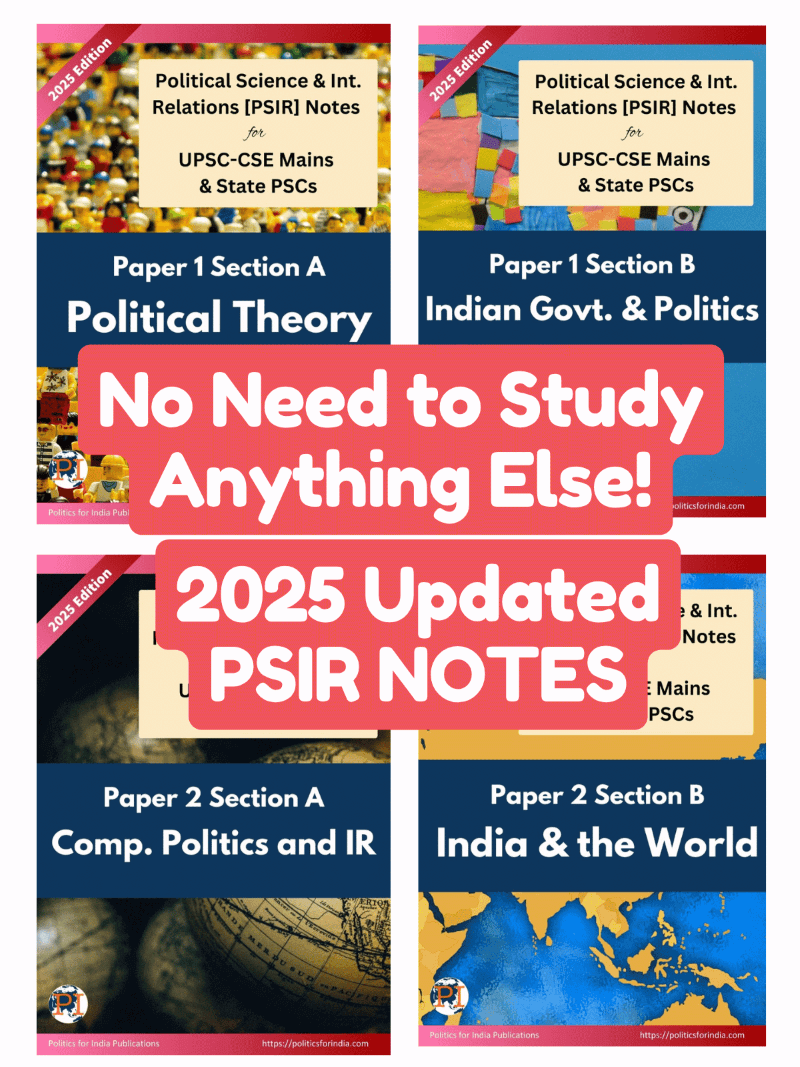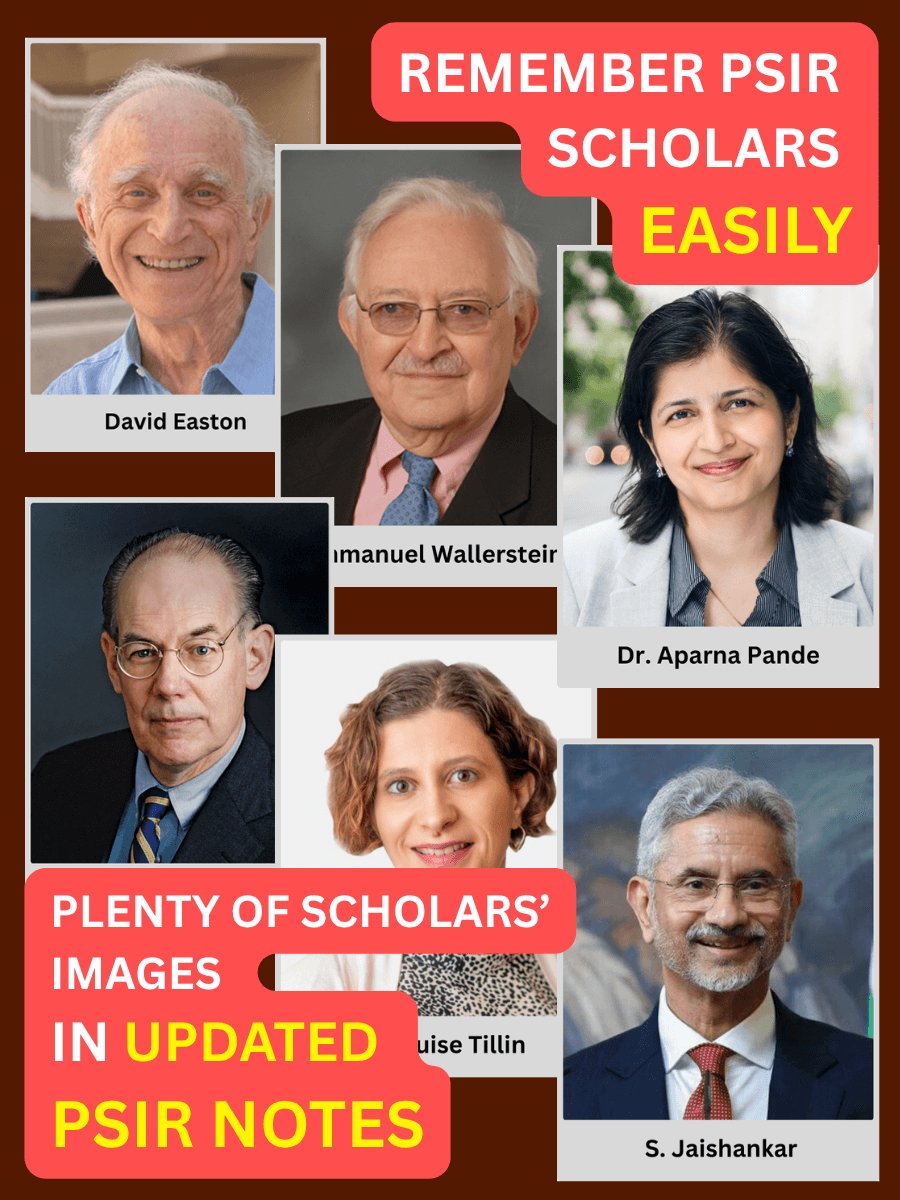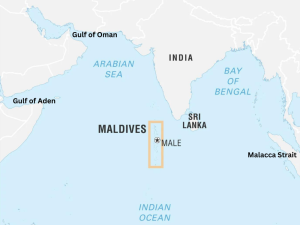1. Brief History of UPSC
The Royal Commission on the Superior Civil Services in India under the Chairmanship of Lord Lee, recommended the setting up of the Public Service Commission. This led to the establishment of the first Public Service Commission on October 1, 1926. The limited advisory function accorded to the Public Service Commission and the continued stress on this aspect by the leaders of our freedom movement resulted in the setting up of a Federal Public Service Commission under the Government of India Act, 1935.
The Federal Public Service Commission became the Union Public Service Commission after independence and it was given a Constitutional Status with the promulgation of Constitution of India on January 26, 1950.
The Union Public Service Commission is the central recruiting agency in India. It is an independent constitutional body in the sense that it has been directly created by constitution. Art 315-323 contain elaborate provisions regarding UPSC. Constitution envisages UPSC to be the ‘watch dog of the merit system’ in India.
Composition
It consists of a chairman and other members appointed by President of India. Constitution has not specified the strength of the body and has left it to the discretion of president. Usually, it consists of 9 or 11 members including chairman.
No qualifications are prescribed for membership except that at least of half of the members should be experienced under Government of India or state for at least 10 yrs.
President can remove the member of UPSC for ‘misbehavior’. However, such decision can be questioned in court.
Functions
Union Public Service Commission (UPSC) is a Constitutional Body, which has been mandated the responsibilities of making
- Recruitment by conduct of competitive examinations as well as selection through interviews for appointment to the all-India services, central services and public services of the centrally administered territories.
- Advising on the suitability of officers for appointment on promotion and transfer-on-deputation
- Advising the Government on
- All matters relating to methods of recruitment to various services,
- Framing & amendment of Recruitment Rules,
- Disciplinary cases relating to various Civil Services.
- Miscellaneous matters relating to grant of extra-ordinary pensions, reimbursement of legal expenses etc.
- Advising the Government on any matter referred to the Commission by the President of India and on the request of the Governor of a State.
- To serve all or any of the needs of a State relating to recruitment, with the approval of the President.
The recommendations by UPSC are not compulsory for government.
2. Methods of Recruitment
Recruitment by UPSC is made by one of the following four methods:
- Direct recruitment
- Promotion
- Deputation/ absorption; and
- Composite method (Deputation + Promotion)
Direct Recruitment
The direct Recruitment can be done through 1) competitive examination; or by 2) selection.
Recruitment Through Competitive Examination
The Commission conducts following examinations on a regular basis for appointment to various posts.
- Civil Services Examination;
- Engineering Services Examination;
- Combined Medical Services Examination;
- Indian Forest Service Examination;
- Combined Geo-Scientist (Preliminary) Examination;
- Indian Economic Service/ Indian Statistical Service Examination;
- Combined Defence Services Examination;
- National Defence Academy and Naval Academy Examination;
- Central Armed Police Forces (Assistant Commandants) Examination;
- Section Officers/Stenographers (Grade-B/Grade- I) Ltd. Departmental Competitive Examination;
- Central Industrial Security Force, Assistant Commandant (Exe) Limited Departmental Competitive Examination.
Recruitment through Selection
The Commission is also charged with the responsibility of direct recruitment at various levels by selection method to all Group ‘A’ posts and selected Group ‘B’ posts in the Central Government.
After receipt of applications, short-listed candidates are called for interview. A recruitment Test may be conducted to short-list the candidates. Once the interviews are over, the recommendation of the Commission is conveyed to the concerned Ministry/ Department under intimation to the recommended candidates(s).
[On a side note, the Commission is also entrusted with promotions from state services (state civil/police/forest services) to all India services through a selection committee, and selection of non-state civil service officers for appointment to the IAS.]
3. Issues
Central Vigilance Commission
The emergence of CVC in 1964 affected the role of UPSC in disciplinary matters. This is because both are consulted by the government while taking disciplinary actions against civil servant. The problem arises when the two bodies tender conflicting advice. However, UPSC, being a constitutional body have edge over CVC, which is a statutory body.
Lateral entry
Lateral entry in the civil services of India refers to the process of recruiting professionals from outside the civil service system, typically from the private sector. This is done to fill mid-level and senior positions in government departments, on a contract basis.
There has been huge opposition to this scheme by incumbents on following grounds:
- The complex bureaucratic procedures and government functioning might be unfamiliar to newcomers, hindering their effectiveness.
- The short tenure (typically 3-5 years) might limit their ability to see long-term projects through or fully utilize their expertise.
- A sense that outsiders are brought in due to a lack of competence within the existing system could demotivate career civil servants.
- There are also concerns about ensuring a fair and transparent selection process to avoid political favoritism.
- Lateral entrants might have strong domain expertise but may lack the well-rounded administrative experience that comes through the traditional civil service path.
- A comprehensive and well-defined policy framework for lateral entry, including selection procedures, role clarity, and career progression, is still evolving.
However, if this option is implemented on a wider scale, there should be provision of training and education of such laterally recruited personnel. Or there should be provision of such an exam which will ensure required qualifications. Else they can be recruited as advisors on temporary basis.
We can also go for ‘consultancy’ with private firms if the requirement is quite occasional and not regular.
Presently, process of recruiting process of civil services ensure that best minds of country are recruited. If highly specialization is not required, arrangement can be made even to train current officers before promoting them to any such service which demand domain knowledge.











